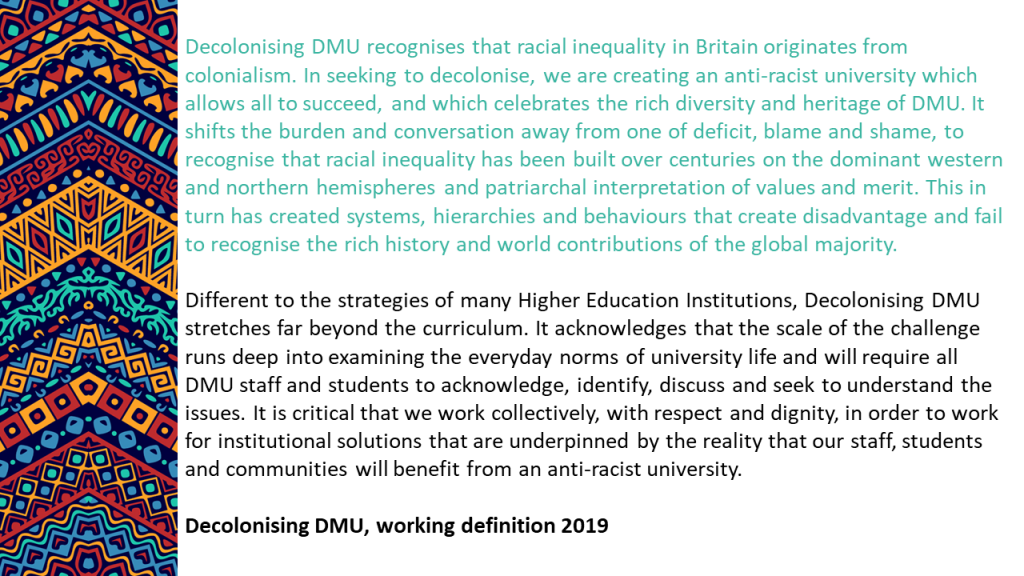

“… many researchers simply assume that they as individuals embody this ideal and are natural representatives of it when they work with other communities. 2 … it is surely difficult to discuss _research methodology_ and _indigenous peoples_ together, in the same breath, without having an analysis of imperialism, without understanding the complex ways in which the pursuit of knowledge is deeply embedded in the multiple layers of imperial and colonial practices.” (p 17-18) “Edward Said refers to this process as a Western discourse about the Other which is supported by ‘institutions, vocabulary, scholarship, imagery, doctrines, even colonial bureaucracies and colonial styles’. “The word itself, ‘research’, is probably one of the dirtiest words in the indigenous world’s vocabulary.” (p 17) In Decolonizing Methodologies: Research and Indigenous Peoples (Second edition, pp. Please note that during the session, your name (as entered at the registration stage) may be visible to other participants.Smith, L. While the event may be recorded we will not record your voice or image. No prior purchasing of software is necessary, but registration is required. Please note that this webinar will be delivered using Zoom Webinar facility.

She holds appointments to organisations such as the Marsden Fund, the Waitangi Tribunal, and Māori Economic Development Board are reflections of her expertise, contributions to the New Zealand research community and towards Māori/iwi development.įollowing the talk from Dr Tuhiwai Smith, there will be a Q&A session.

She has received an Honorary Doctorate in Canada and the Prime Minister's Award, the highest national award for lifetime achievement in education. Dr Tuhiwai-Smith is one of the first Māori women to become a Fellow of the Royal Society.


 0 kommentar(er)
0 kommentar(er)
